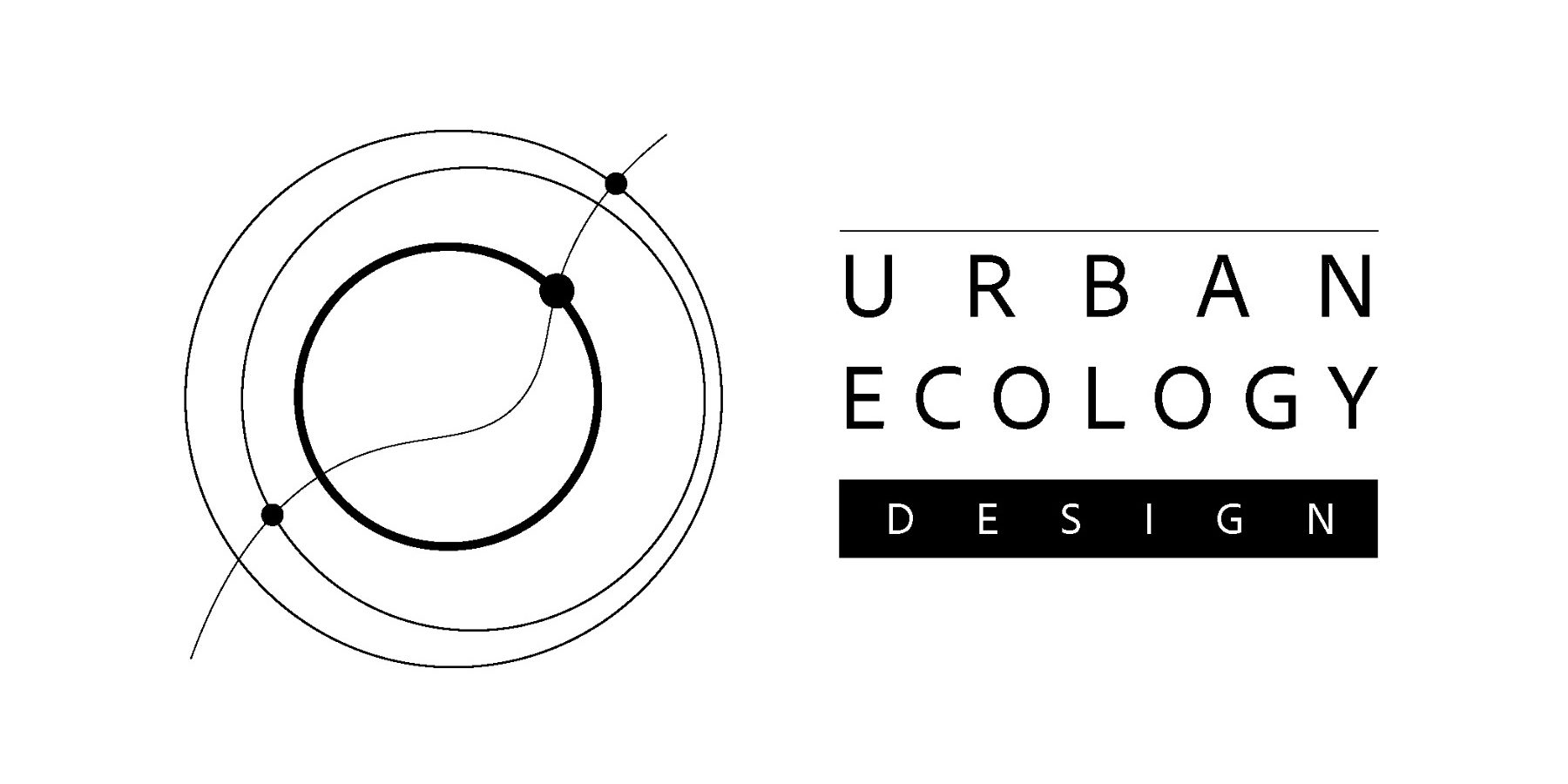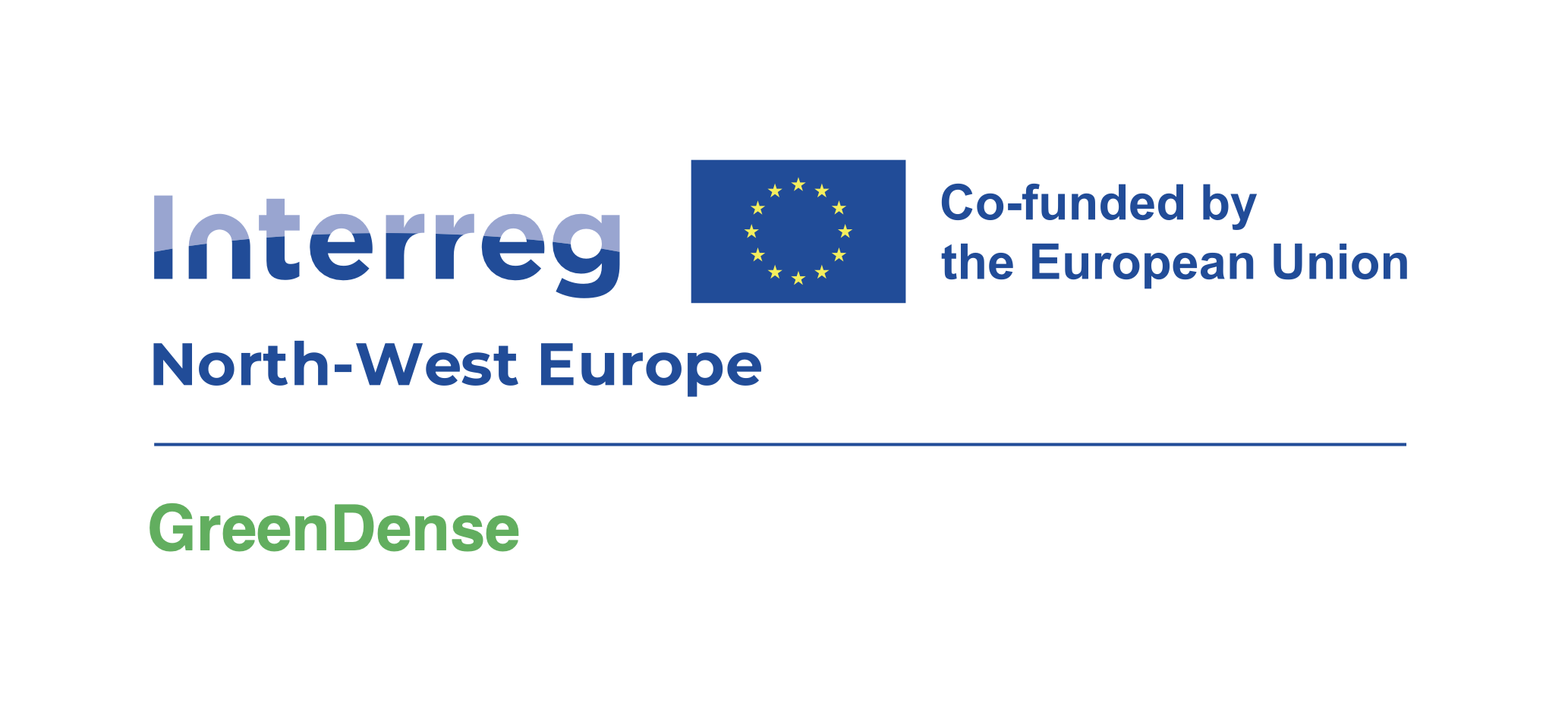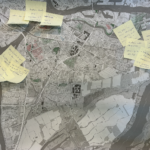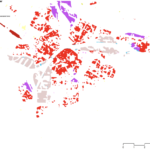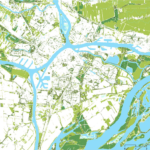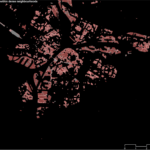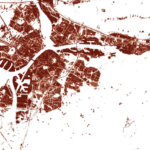GreenDense
Greening dense urban areas for enhanced climate resilience, biodiversity and health
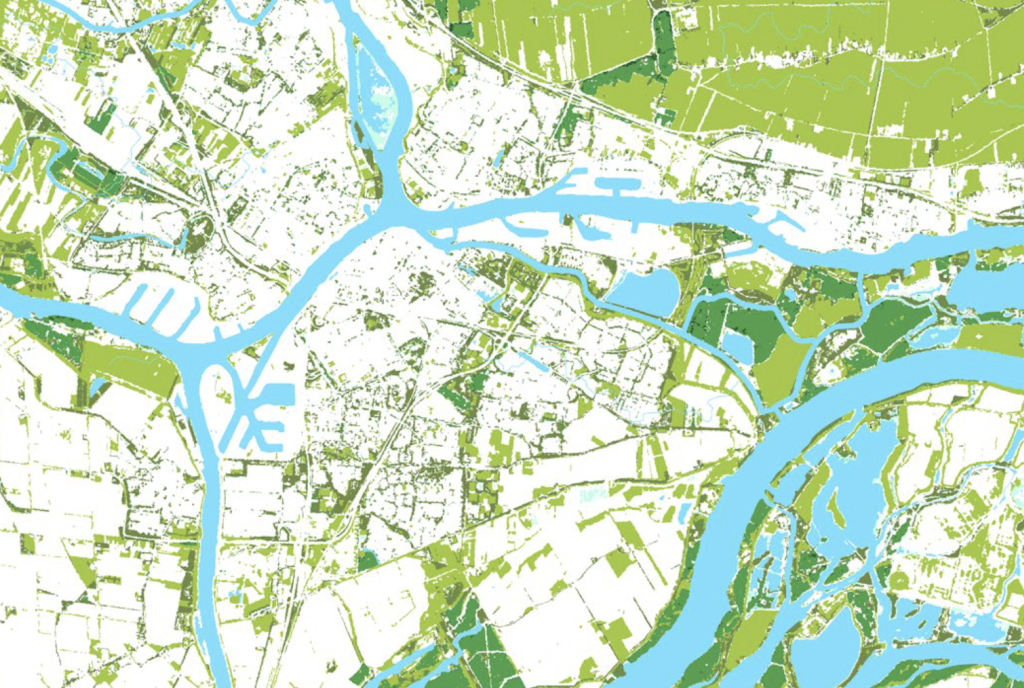
Northwest Europe (NWE) is experiencing rapidly increasing climate change impacts, high heat stress, air pollution, biodiversity loss, droughts and flooding. These effects are more pronounced in dense urban areas (often deprived, high traffic, extensive impermeable paving), which suffer from low green infrastructure (GI) to mitigate impacts. Due to limited space and competition between uses (parking, private ownership, recreation), citizen and business resistance, and lack of large infrastructure investments, dense urban areas are an underserved, challenging location to implement new GI.
Author
Urban Ecology Design Lab
Location
NWE
Dr. Ir. Nico Tillie
Michiel Pouderoijen
Ir. Rosa de Wolf
Project Partners (cities)
Dordrecht (NL)
Brugge (BE)
Mechelen (BE)
Bremen (DE)
Cork (IE)
Brest Métropole (FR)
Knowledge Partners
Plante & Cité (FR)
STIPO (NL)
Project duration
Runs until 2027
Project links
Interreg NWE
GreenDense pilots design, community engagement, and dense-specific mainstreaming mechanisms to introduce new GI in 6 challenging dense urban environments in 5 NWE countries (NL, BE, DE, IE, FR). It increases green coverage where needed most, with benefits for climate change resilience, natural environment, mental and physical health. Supported by 3 expert organisations in urban ecology and placemaking, the 6 cities pilot an innovative location-sensitive ‘mosaic’ approach to GI. A mosaic of small GI makes the most of limited space, increasing green connectivity. Multi-benefit, multi-use GI will be tailored to local needs and culture, with acceptance built via grassroots co-creation. In absence of large GI investments, the project harnesses related regulatory and policy agendas (health, active mobility, community, youth) to mainstream mosaic GI.Transnational partners jointly develop 6 pilots, strategies and action plans for co-creating GI mosaics in varied dense urban settings (heritage, deprived, commercial) with common climatic challenges, enriching solutions with shared expertise unavailable at local level. The collective tools developed will drive scaling to 35 city areas, 5 other NWE cities, and (via training), 170+ NWE participants. Results will drive national policy, influencing NWE cities.
TU Delft joins the GreenDense consortium as a knowledge partner, providing key expertise in urban, ecology-based systems thinking and design (i.e. understanding the city as an ecosystem operating at systems, habitat and individual species level), as well as promoting out-of-the box thinking within urban planning and design processes. This is a particularly important element in the mosaic approach foreseen by the GreenDense project (i.e. small interventions which still contribute to a wider-scale ecological connectivity).
Together with STIPO and Plante & Cité, TU Delft will oversee the deployment of GreenDense mosaic sites, with TU Delft leading the initial diagnostic of cities and collecting the current state-of-art on GI for dense urban spaces. Besides these specific tasks, TU Delft, together with the project’s two other knowledge partners, will support mosaic site design, deployment and assessment through deep-dives, clinics and periodical check-ins.
The TU Delft will lead the celebration of the GreenDense Academy’s coordinated events (webinars, transnational sessions) and other online learning material.
